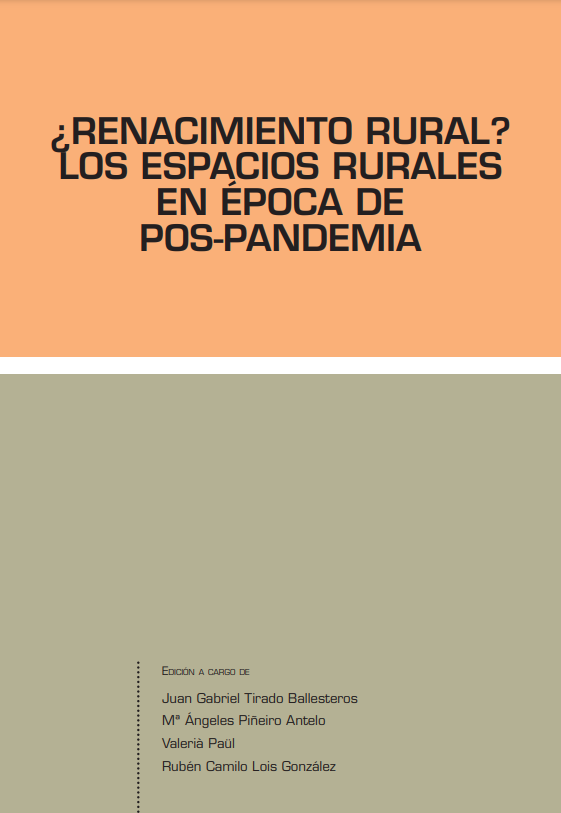The territorial materialization of the energy policy to promote renewable energies is a crucial element commonly forgotten in the fight against climate change. The “clean energy” or “green energy” character of renewables is explained by the fact that they do not generate emissions or waste during the production phase, which does not exempt them from causing impacts that have been well analyzed in the scientific literature, among which changes in land use have not been sufficiently addressed. However, it has been shown that these changes in land use occur during the construction and operation of these plants. Depending on the technology used, wind energy presents a greater transformation in the installation phase due to the choice of locations in high topography and complex orography, with the need for new accesses, which is compensated by lower occupancy requirements. Photovoltaic energy and biofuels, on the other hand, are characterized by a lower intensity of use in the ratio between energy produced and surface area occupied. This is of great importance when agricultural land previously dedicated to food production is replaced by biofuels or even, as demonstrated in this paper, by photovoltaic plants.
This website uses cookies so that we can provide you with the best user experience possible. Cookie information is stored in your browser and performs functions such as recognising you when you return to our website and helping our team to understand which sections of the website you find most interesting and useful.


